Affiliate links on Android Authority may earn us a commission. Learn more.
Google's incremental updates or Apple's yearly update-fest: Who does it better?
Published onJune 6, 2023
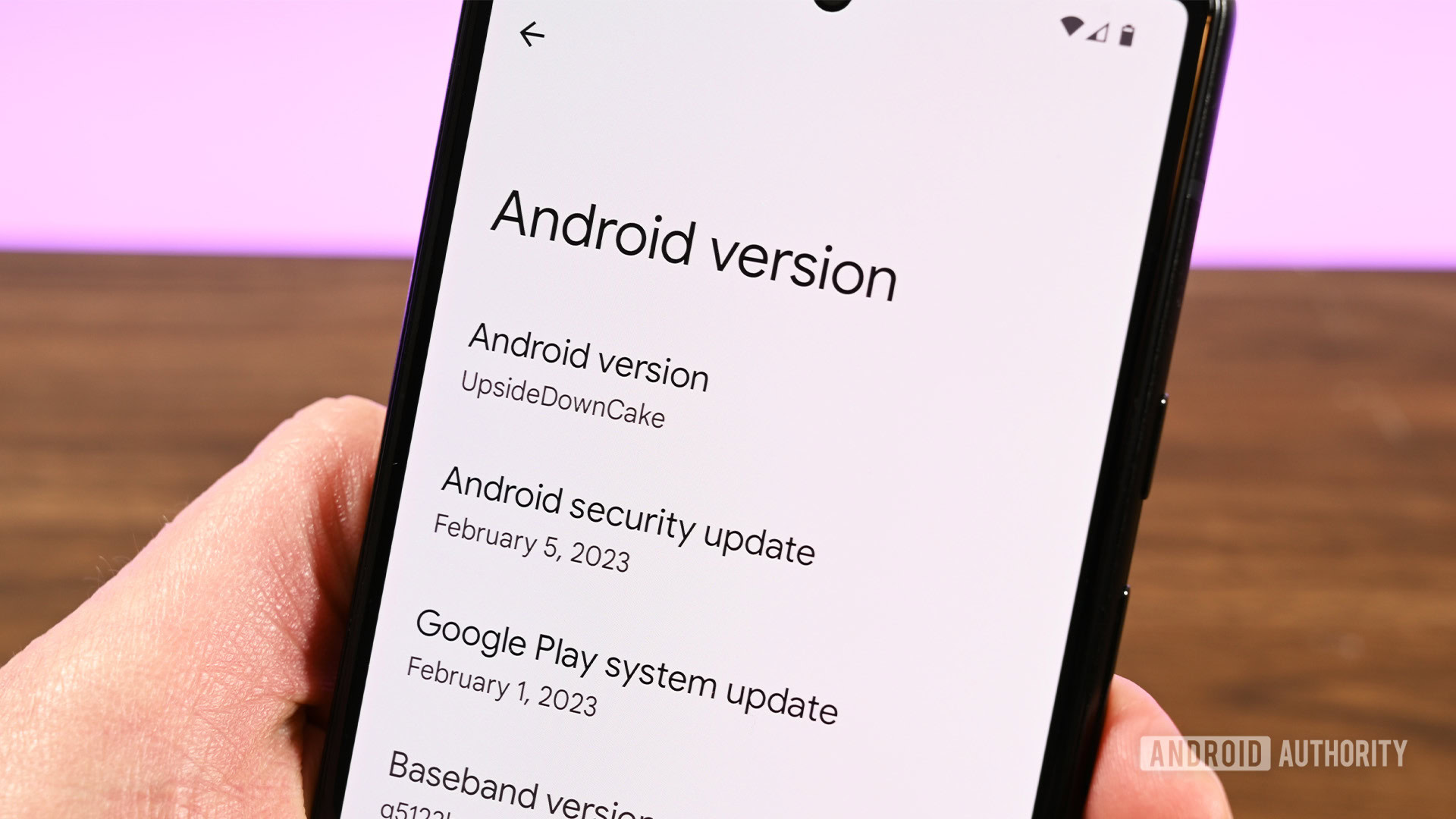
As I watched Apple’s WWDC keynote unfold yesterday, I kept thinking about how cool it must be to have a slew of new features to discover on all your devices in the span of one day. So many new things to delve into and so many possibilities unlocked with an entirely new version of your phone, tablet, earbuds, computer, and smartwatch’s operating systems. It’s almost like a geeky Christmas in June — or later in the fall if you wait for the stable update to roll out.
Apple’s approach is fundamentally different from Google’s. New features are concentrated into major software updates, with only minor additions or bug fixes during the rest of the year. Google, on the other hand, is always rolling out incremental updates. So much so that the yearly Android version releases feel less and less important with every passing year.
Google: Always re-iterating, rarely surprising
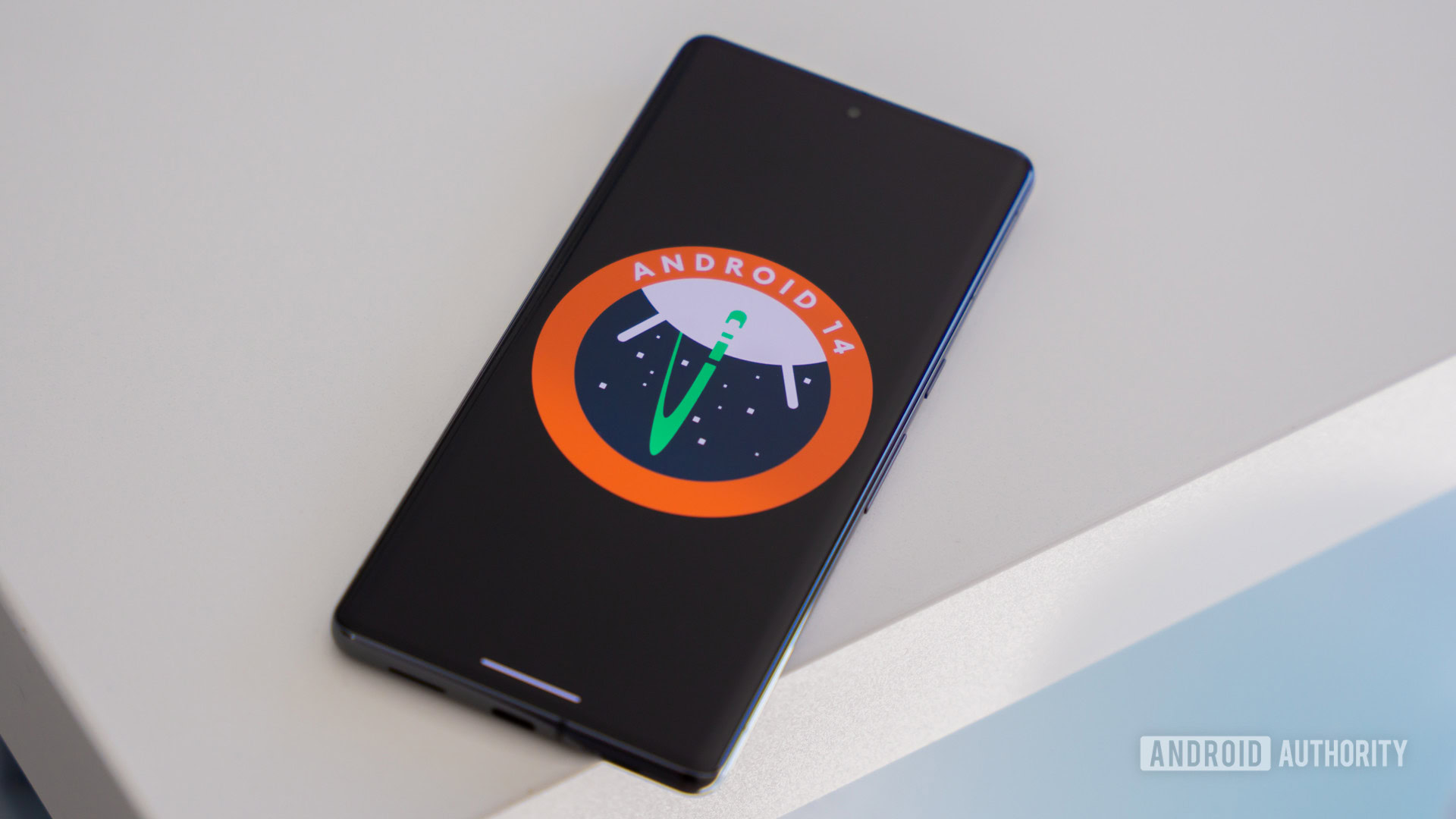
Are you excited about Android 14? I know I’m not. There’s no specific addition there that catches me as a “must-have,” and even after trying the beta, I struggle to name one Android 14 feature that has jumped at me in my daily use. All I got from that Android 14 beta were bugs, really. The last time I saw a substantial change was with Material You in Android 12.
A new Android version is just a sliver of all the updates you get on your phone and throughout Google's ecosystem of services and devices.
However, limiting Android’s development and innovations to the yearly release would be doing a disservice to the entirety of the platform. A new Android version is just a sliver of all the updates you get on your Android phone and throughout Google’s ecosystem of services and devices. New features are always showing up thanks to frequent updates to various Google apps, behind-the-scenes Play Services versions and Google Play system updates, and monthly security patches. Not to mention the quarterly Feature Drops, which specifically bring something new to Google’s Pixel phones.
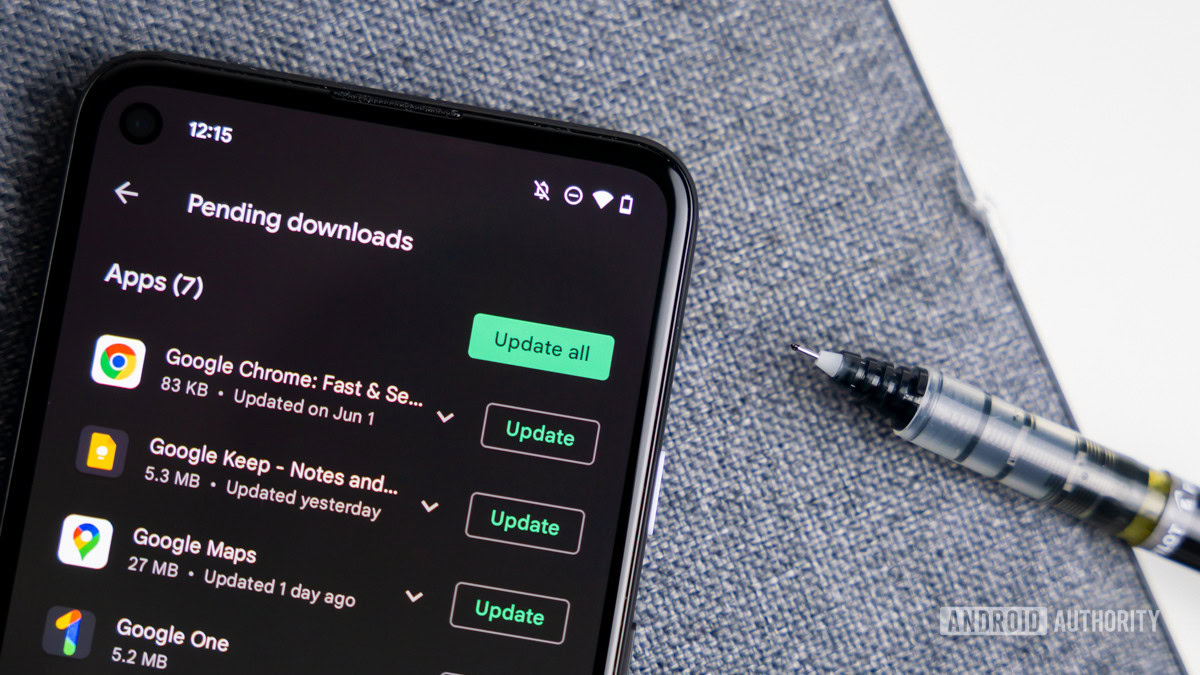
Android updates are less surprising because we don’t get them in one day. They trickle down to us over an entire year in various forms, so much so that we have a bit of trouble keeping on top of them. Add server-side switches and staged rollouts, and I often have trouble remembering what Google announced, whether it’s live or not yet, and when/if it’s coming.
At least once every couple of weeks, I’ll spot a new behavior or feature in a Google app that I had no idea about. Some apps like YouTube handle it well by providing tooltips to explain what has changed and how. Others, not so much. The result? Sometimes it’s a nice change; other times, a disconcerting one that requires me to rethink the way I do things. Oh, Chrome does tab groups now? Wait, when did Gboard change its toolbar? Dang, Assistant is retiring third-party note and list providers?!
Because I follow Google closely, I'm never bored but also never massively surprised or delighted.
Google is always, always reiterating. Since I follow the ecosystem very closely, I’m never bored but also never massively surprised or delighted. It’s as if I had a Secret Santa throughout the entire year with the mission of doing something new every day, regardless of how it’d make me feel. It’ll get me a piece of chocolate one day, move my desk by one foot the next, take away my pen the day after, then get me a new mouse pad. I just get used to its incessant messing with my life, knowing that, on balance, the positives will outweigh the negatives.
Apple: Yearly delights between longer breaks
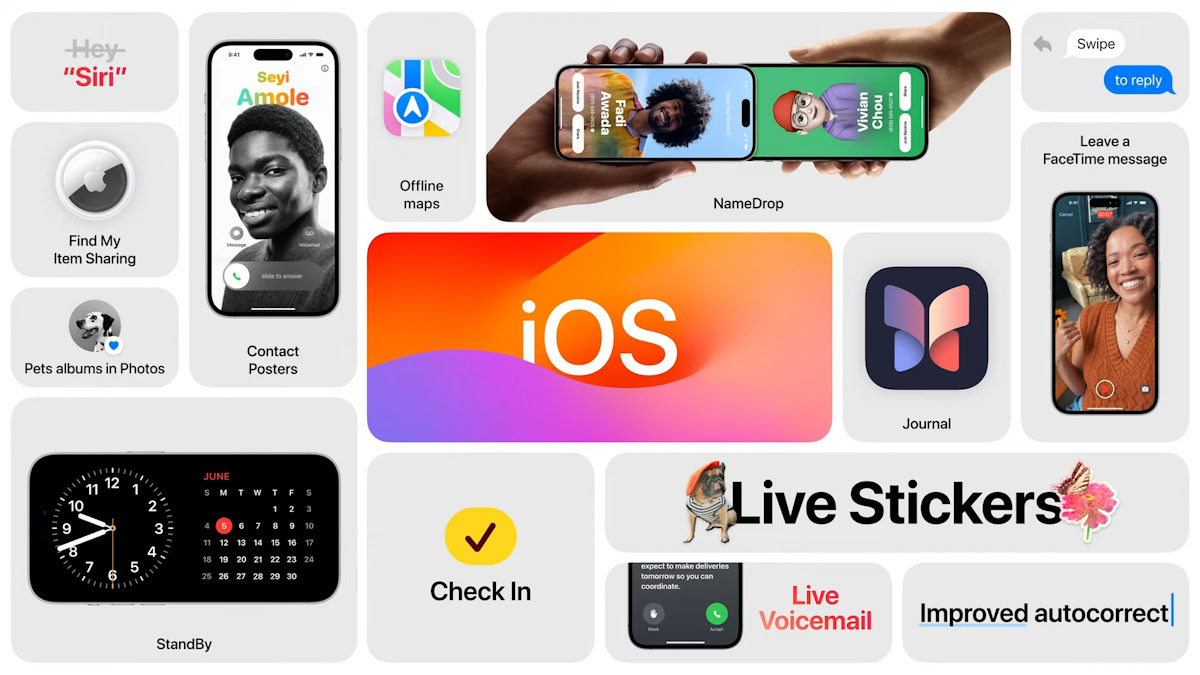
Apple takes the extreme opposite route. Updates are treated as major changes and are often rolled out during the yearly deluge of iOS, iPadOS, watchOS, tvOS, and macOS version upgrades. Some features sneak in the rest of the year, but they’re few and far between.
If you’re all-in with Apple’s ecosystem, you’ll have a couple of high-octane days with dozens, if not hundreds, of additions and new capabilities to explore, test, and see what fits your daily use. I still find it absolutely mindboggling, though, that I need an entire OS update to get a new version of Apple Contacts or Maps.
Apple's approach is more impactful on one day of the year, but more invisible during the other 364 days.
This method is also much more transparent with users. Past the surprising slew of announcements during the WWDC keynote, you know what to expect. Few things will disconcert you in your everyday use because Apple keeps its interface much more stable throughout several OS versions. There’s less experimentation and flip-flopping decisions on interface elements.
All in all, this way of approaching software updates is certainly more impactful on that one important day of the year but more invisible during the other 364 days. Apple is the Secret Santa that gives you one big gift once a year and then more-or-less leaves you alone.
Who does it better?
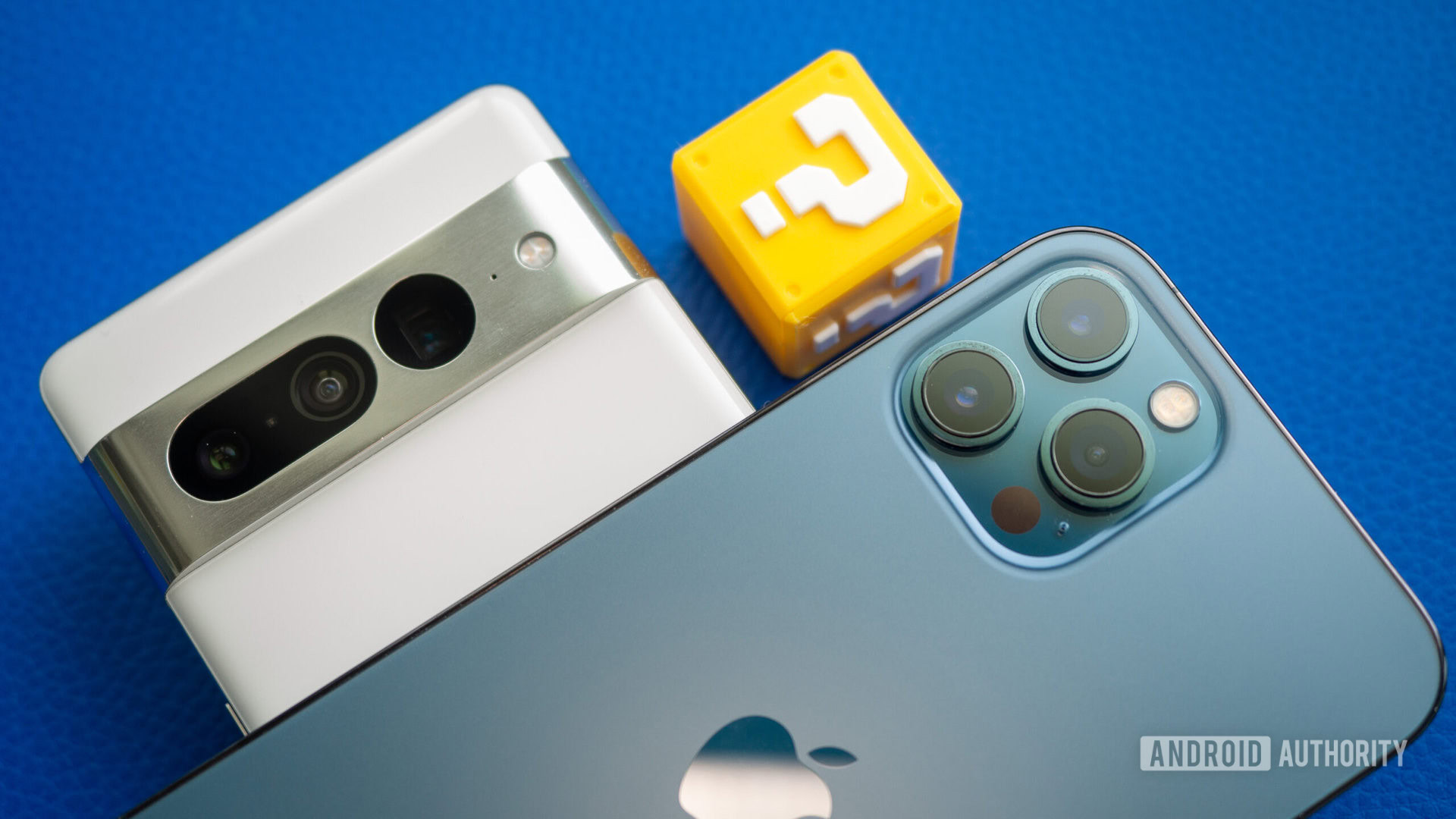
Ultimately, I think that we’re pretty lucky to have both of these strategies in our modern world. You get to choose what you privilege more — Google’s ever-changing landscape with incremental updates or Apple’s big steps forward interspersed with long moments of silence.
Which update strategy do you prefer?
Personally, I have a Pixel 7 Pro, Pixel Buds Pro, a Pixel Watch, as well as an iMac and iPad Air. My tech life is a balance between constant changes on the former three and more stability on the latter two. And as a tech writer, I always have something new to discover and write about, which is, frankly, the “raison d’être” of my job. If I had to pick one, I’d privilege Google’s approach because I hate being bored, but I still appreciate the Yin and Yang that Apple brings to the equation.